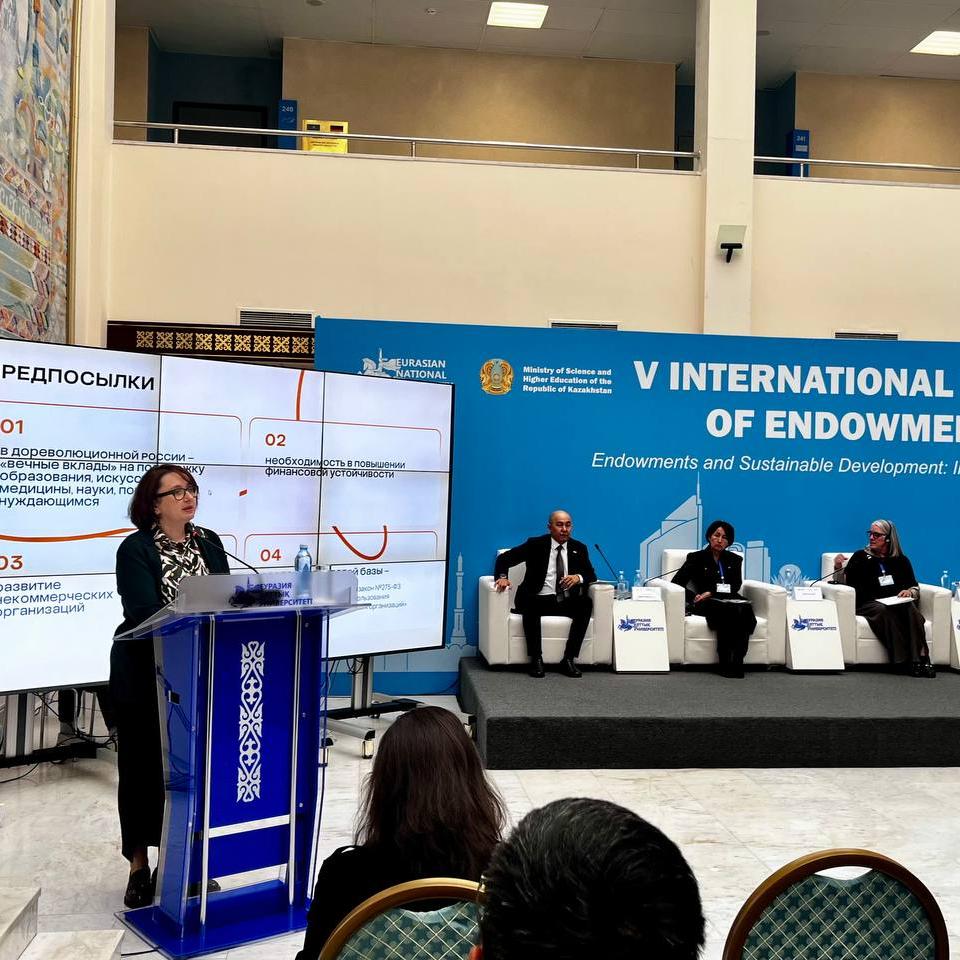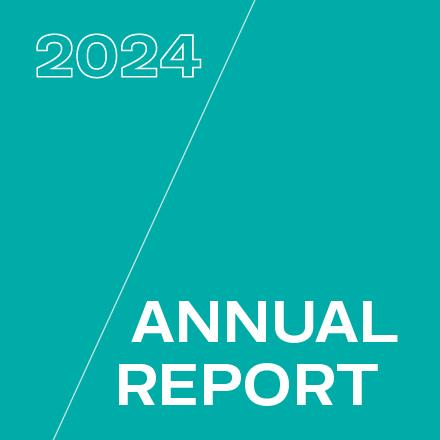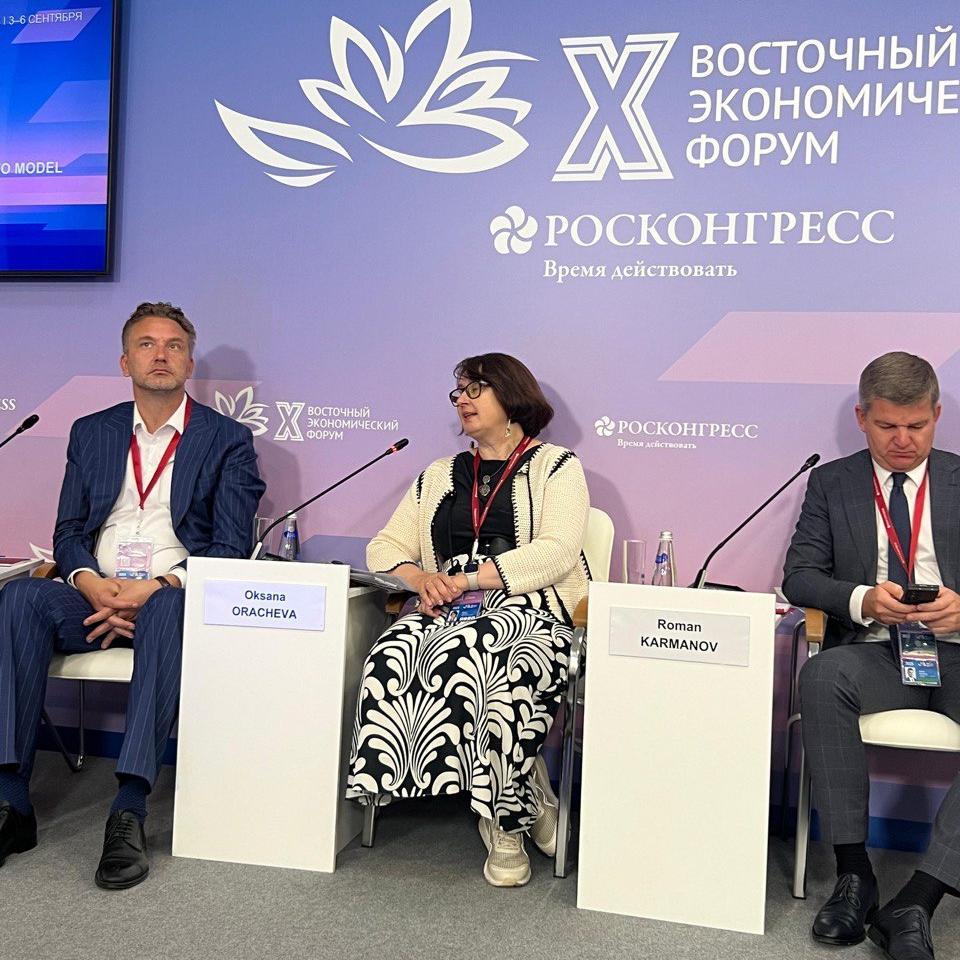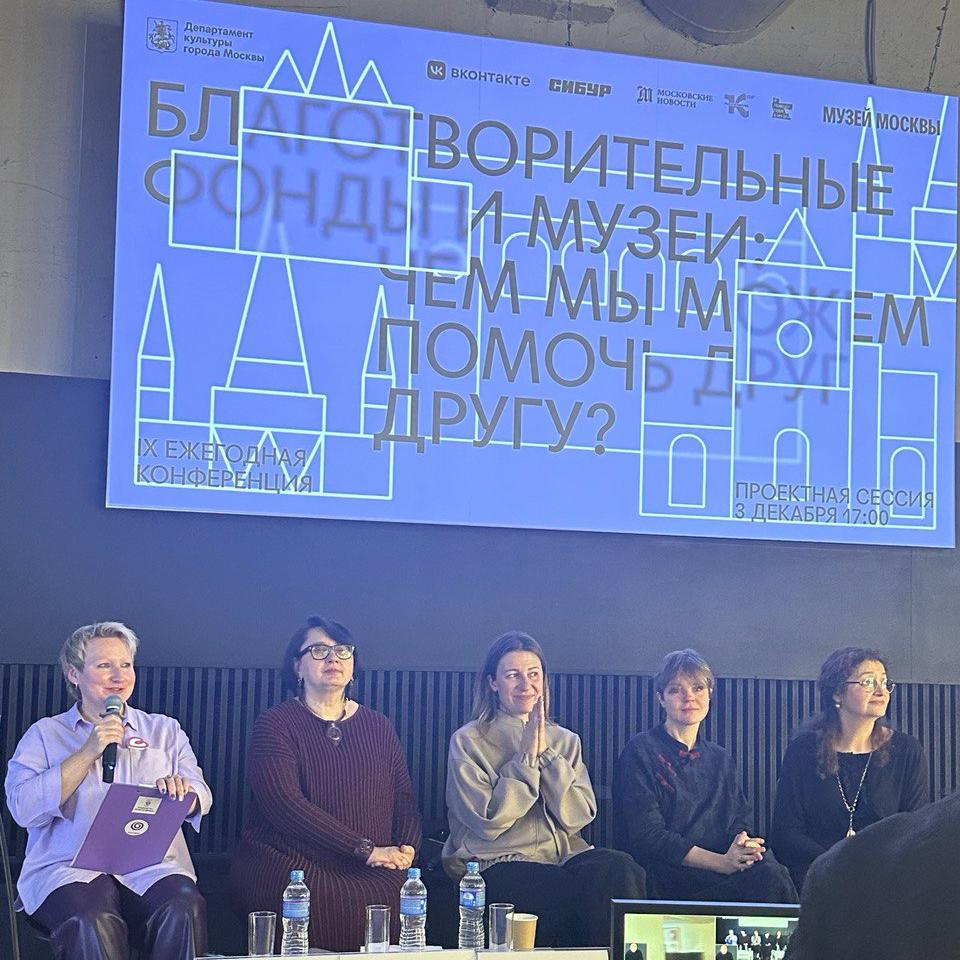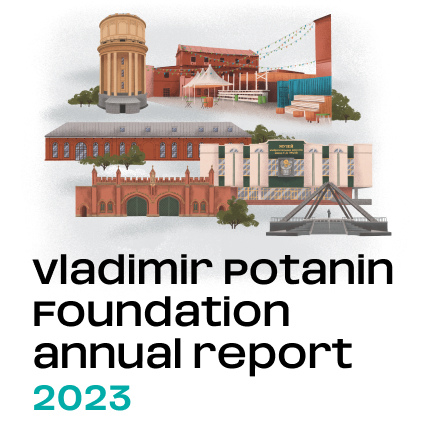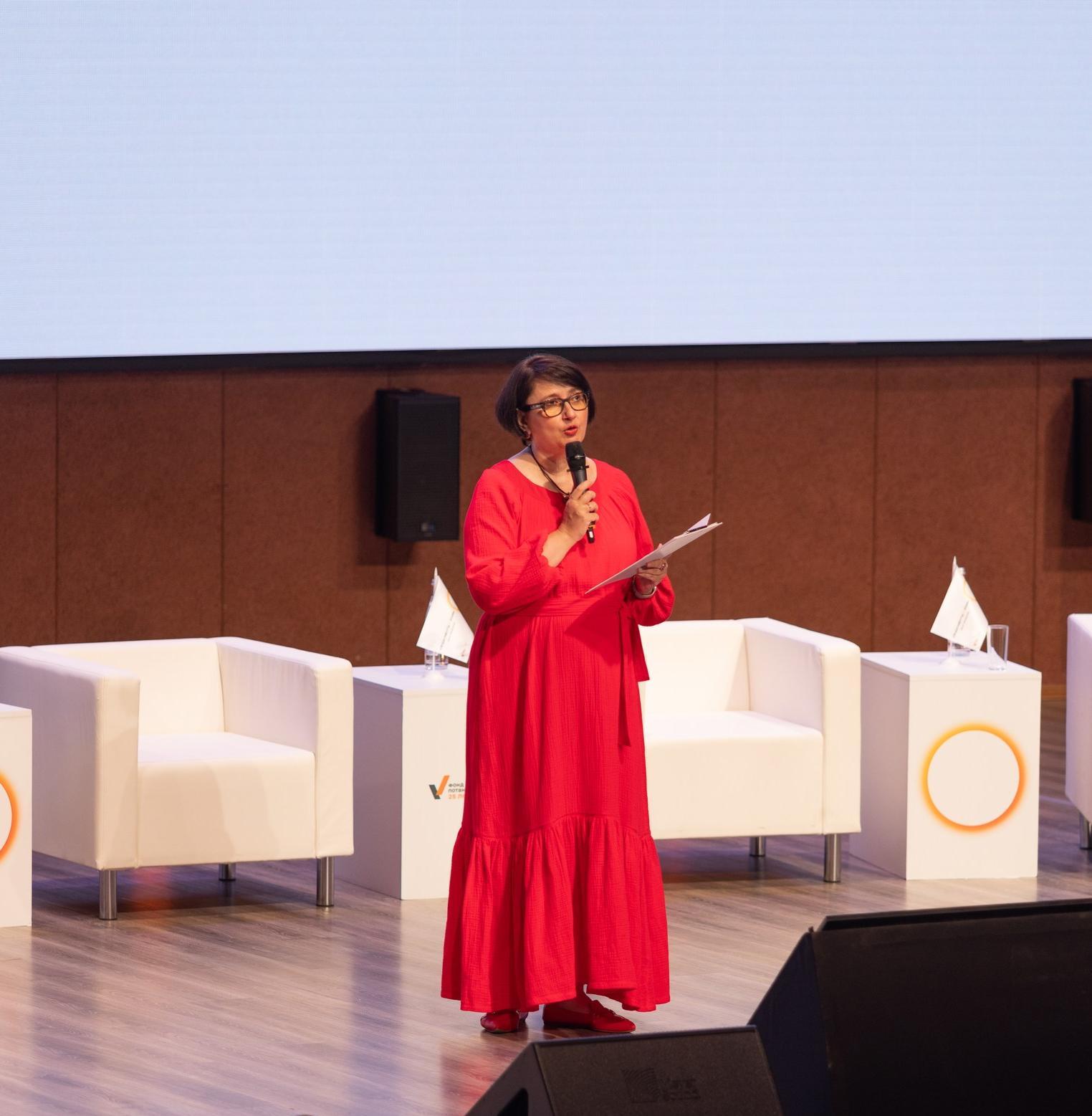The book "Russian Regional Capitals: Culture-Based Development'' is a collection of articles authored by a team of faculty from the Moscow School of Social and Economic Sciences (Shaninka), along with regional experts and international researchers. The editor and the head of the research group is Olga Karpova, Dean of the Faculty of Social and Cultural Project Management.
The publication is the result of five years of research undertaken at the initiative and with the support of the Vladimir Potanin Foundation in 2017-2018 and 2020-2021 under the grant "Russian Regional Capitals: Culture-Based Development." The study focused on the cultural life of Russian cities, key trends and directions, and the local specifics of these processes.
Oksana Oracheva, CEO of the Vladimir Potanin Foundation:
"The effects of research work highlight its value. These include the formation of interregional and expert connections and contribution to the development of the professional community. This publication not only responds to current demands but also serves as an incentive for new studies. The importance of the research is further emphasized in the context of rapidly changing modern life, underscoring the need to preserve existing cultural and social practices in the scientific discourse. Cultural initiatives do not always yield instant results; their impact is long-term and complex. Therefore, it is crucial to document and preserve them for the future, which this book helps achieve."
Olga Karpova, Dean of the Faculty of Social and Cultural Project Management at Shaninka:
"The research showed that within three to five years, regions can undergo radical changes in their cultural development, significantly influenced by city residents as consumers of cultural products. Our analysis identified new players in this process who impact the modernization of the cultural sphere, create new infrastructure, establish high standards for the quality of cultural products, in other words, form a new non-governmental sector of culture. However, contemporary cultural entrepreneurs still face challenges during crises. The issue of sustainability of cultural practices becomes a crucial aspect, which we emphasize in our work."
The research covered 30 cities, from Kaliningrad, Rostov-on-Don and Vladikavkaz to Blagoveshchensk, Khabarovsk and Vladivostok. In all these regional capitals, the research team conducted over 700 in-depth expert interviews about the role of culture in the development of the city and region, the key players driving cultural growth and their impact, regional management culture, and the role of culture in shaping the image of the future.
The book serves as a thematic map, outlining the conceptual framework within which today's academic and public discussions on the role of culture in urban and territorial development take place. It also highlights the most significant phenomena, trends and processes in this field.
The book is divided into three sections. The first section includes articles on current discussions regarding the role of culture in social development, the second presents the main findings of the study, and the third contains maps that the team found crucial for summarizing the research material and presenting specific conclusions. The final version features 10 city maps and 5 general maps.
"Russian Regional Capitals: Culture-Based Development" is aimed not only at scholars or cultural institution staff but also at anyone interested in the cultural development of cities and modern approaches to cultural policy and management.
The book is available for purchase on the publisher's website and other platforms.



